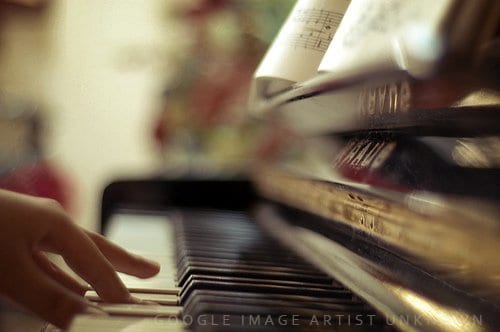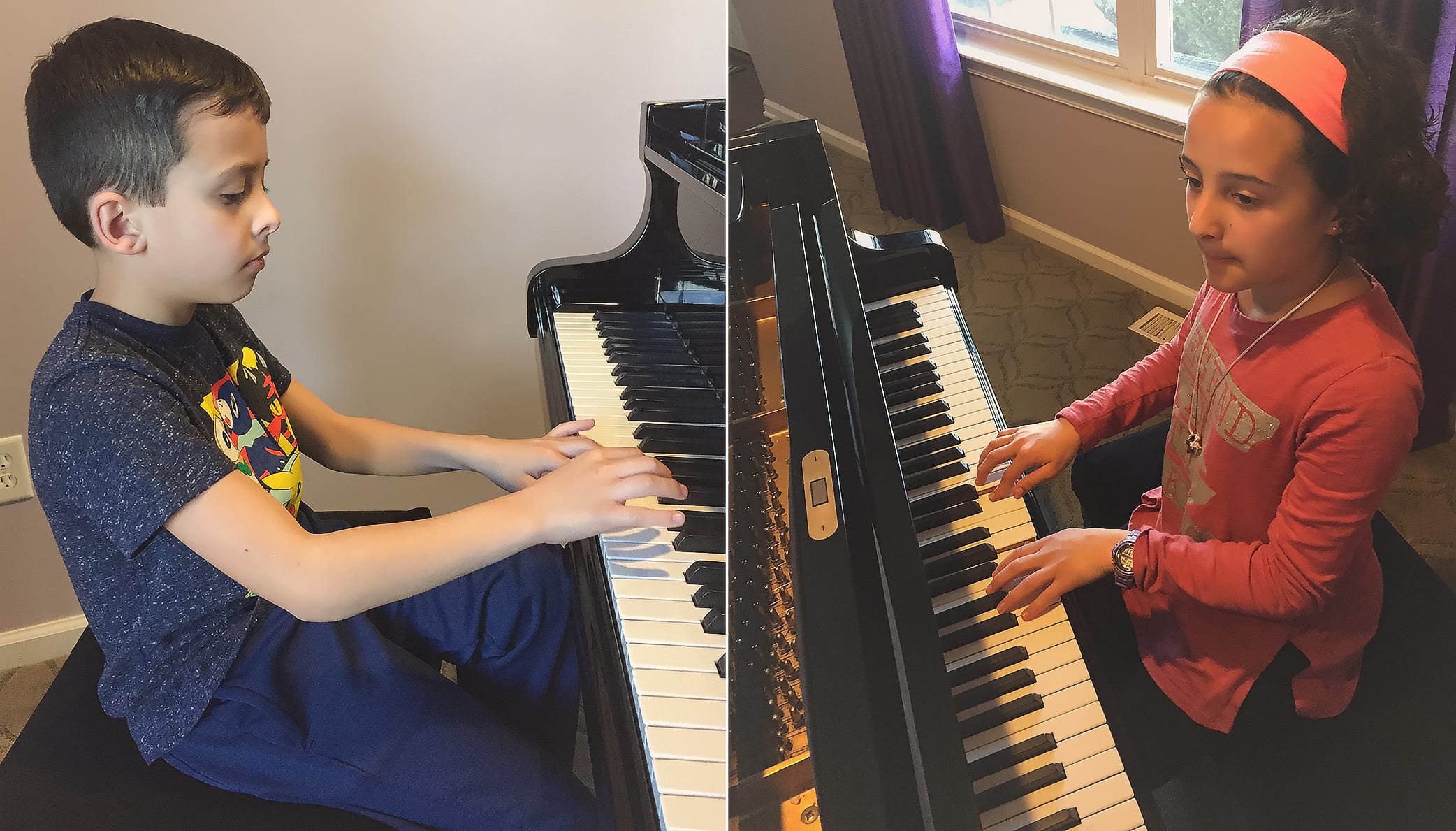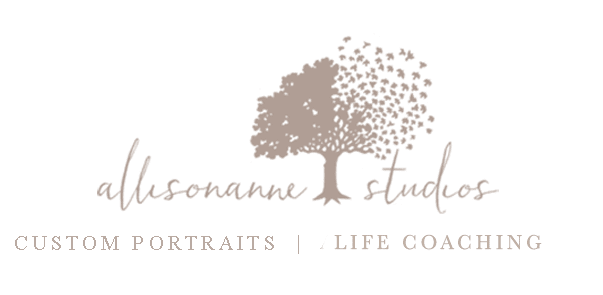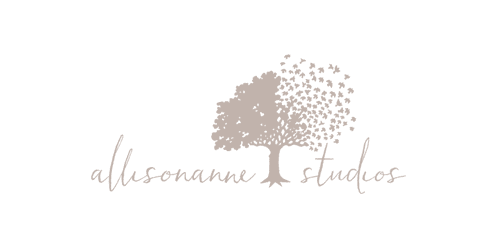I have decided to have guest bloggers to educate us all on different parenting topics! The first one is Susan Leiser the local piano teacher in town! She also just announced her summer camp!


Team sports.
Gymnastics.
Dance.
Karate.
Do you really need to sign your kid up for one more thing?
Maybe not. But if your child shows any inkling of interest in studying piano, you should jump on that immediately.
OK. So, I’m biased. I am a piano teacher running a studio of over 50 students. From ages 5 to 42. And, I love every minute of it. So much so that I’m currently in the midst of my 17th year of teaching people how to learn music and to love the process while solving problems and analyzing things in ways that many people cannot fathom. To me, that is worth your money and time and energy.
My students range from kindergartners just learning how to play an 8-measure Old Mac Donald to teens competing with masterpieces they have perfected month after month by Debussy, Rachmaninoff and Bach. Some aspire to study in college. Some just enjoy their time at the keys. A few are being forced to play by their parents. Most genuinely dig it, even if they only practice for a few minutes at home each week.
My students are outgoing or reserved; making straight A-s or barely passing math. My kids star on the football team or play other instruments in band. Some love soccer; some love drama club.
We are an eclectic bunch.
From the perspective of Melanie Sole, a working mother from Hammonton whose children Natalie and Jeffrey study piano, the rewards have been evident from the start of their lessons years ago.
“Both of my children take lessons from Susan and have for years,” said Sole. “Playing the piano benefits them in so many ways. They learn time management skills and how to allot time for practice. They understand the rewards of practicing a skill when they finally ‘get’ a new song they have been working on, and then playing it for others or in a recital. They appreciate all different types of music. They can relate reading music to math and other subjects they are learning in school.”
Indeed, working on those magical 88 keys is so much more than minuets and Rockin’ Robins. Here is a list of my top-five pros of taking piano lessons for young and old:
• Playing piano is incredibly hard and results are not immediate: Perhaps this sounds horrible to you. But think about it again. In today’s world, everybody – from age 1 all the way up to hustling and bustling impatient adults – want the quick fix. People expect things to be easy street. We expect everything we do to be awesome instantaneously. But the truth is long-term success in anything – weight loss, occupational promotions, a lasting marriage – takes hard work. Playing piano teaches you that. Not just any lazy hack can rock a Beethoven Sonata or a Beatles classic. You need to build up to it with time, thoughtfulness and endurance.
• Get a long-lasting boost to confidence: Mastering a four page song; finally getting hands together as a first-year student; performing in that first concert. These milestones trickle over into real life. When a student gets up the nerve to play in front of others, he or she gets the inner power to do anything in front of anyone at any time. When a musician successfully learns a tough passage or technique, he or she is ready and willing to jump into the next challenge. It’s a beautiful thing.
• Find your patience: It’s so easy to get mad at ourselves. Or say, screw this etude – I’m playing Mario Bros. But often times, if we just take a deep breath and give ourselves another chance, we will perfect those killer four measures. We learn that getting exasperated or giving up is just a big ole waste of time. In fact, if we just give ourselves a little bit more time with a positive attitude we will likely nail that jump or run. And maybe if we think like that when we are working on algebra or impossible vocab words of the week, our grades in school will improve, too.
• Manage your time wisely and see results: This is a big one. Especially for my texting-crazed, hormone imbalanced, procrastination-prone teens. And I teach a lot of them. Traditionally, piano lessons happen once a week. So a student has seven days from the time of a learning extravaganza with me to their next weekly appointment, during which they should ideally be better than the last time I saw them. Usually, something improves. And that’s because my students learn how to practice wisely and thoughtfully and hopefully daily. If you want to succeed at something, you need to make time for it. This is a life lesson that is a must for all people!
• Work out the brain: Studies have shown that youngsters who play the piano improve their math scores and think more critically and analytically than children who do not play. Playing the piano improves focus, attention span, memory, coordination and thinking skills. These aspects are all win-wins for now and in the future!
Susan Watson Leiser is a private piano teacher in Hammonton, NJ. For more information on piano lessons with her, please call (609) 513-4508 or email leiser@comcast.net


